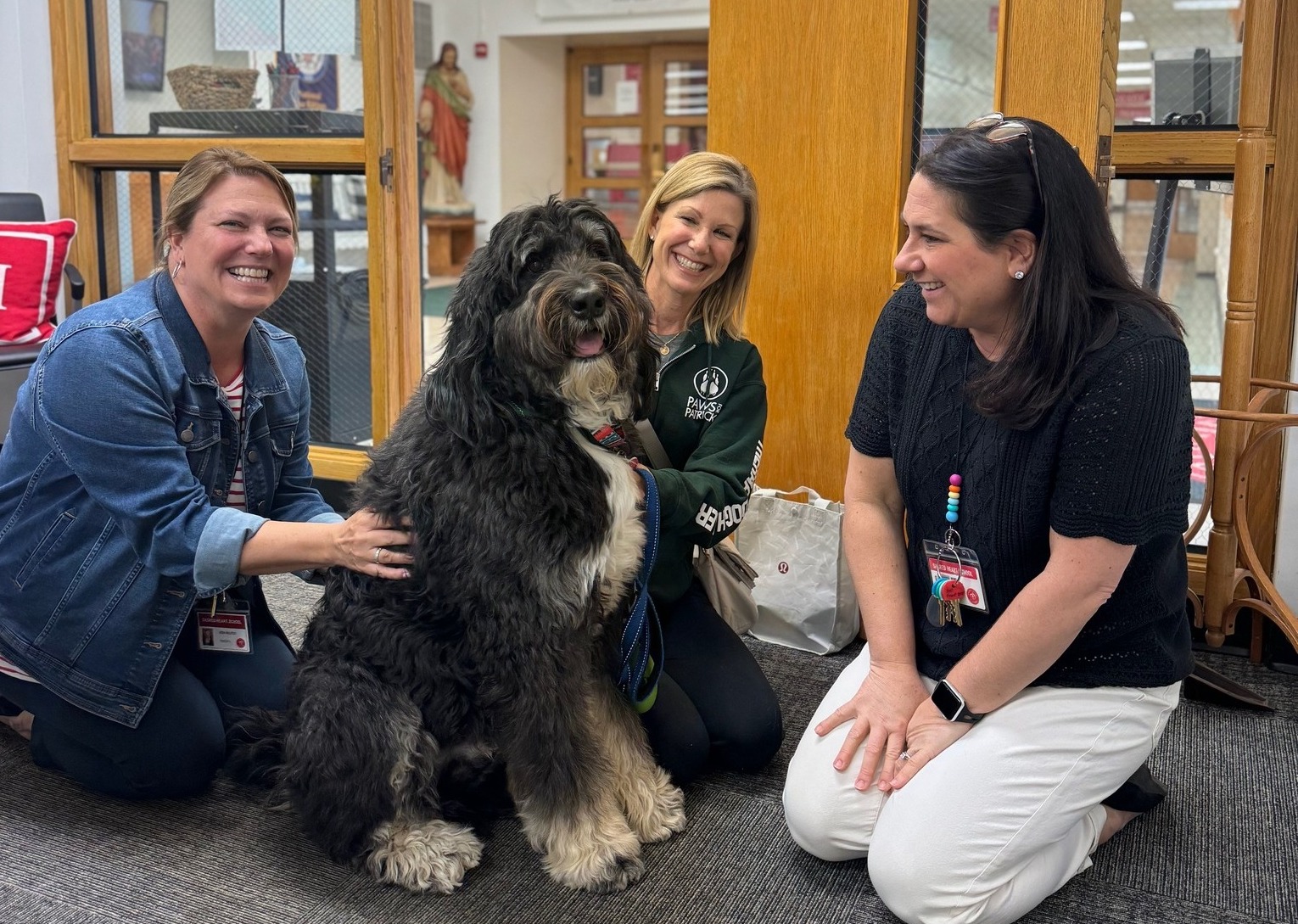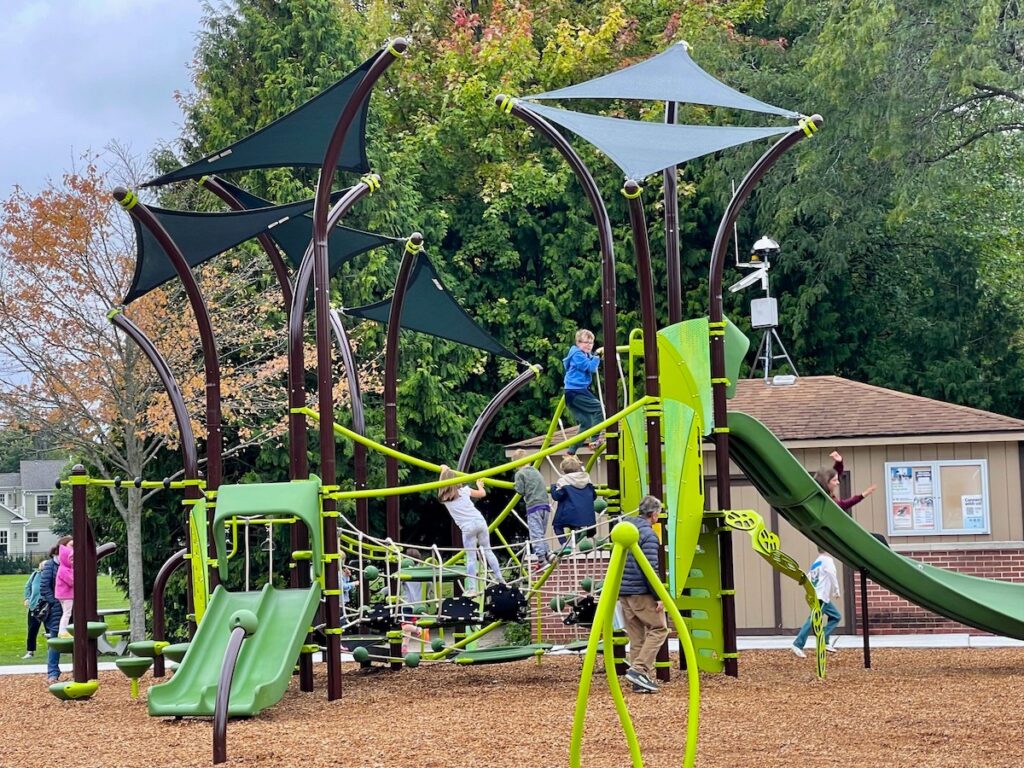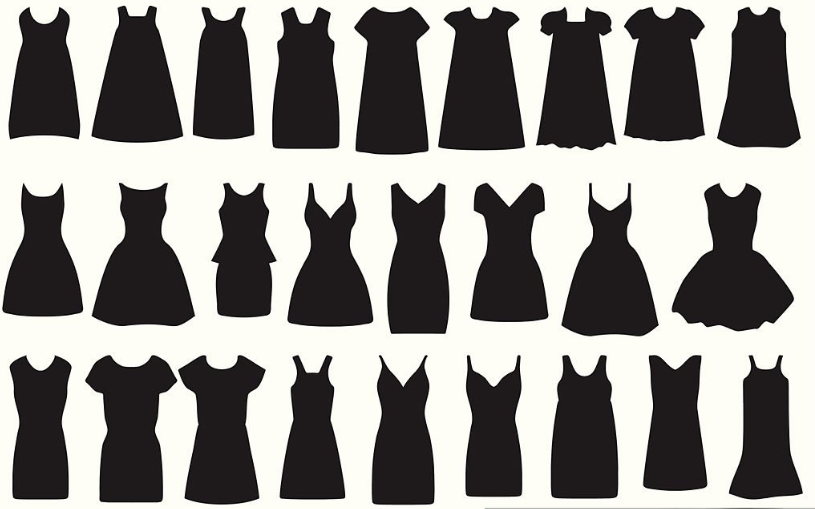
New Sacred Heart programs focus on student mental health
Sacred Heart School in Winnetka has launched a new initiative to support students’ mental health.
According to a release from the school, the initiative is designed to address the increased mental health challenges faced by children as a result of the ongoing pandemic and the significant impact of digital technologies.
The programming includes a therapy dog, Bernie, as part of the school’s support services team and the installation of the Second Step curriculum for fifth-graders, which focuses on emotional intelligence techniques to reportedly enable improved confidence, decision-making and collaboration.
“Coming off of COVID … we are still seeing the effects of that for kids: Understanding social cues and the motivation to help others can get lost because everything is so digitized in our world,” said Jodi Reuter, principal of Sacred Heart School, in a statement. “But (students) still need really strong interpersonal skills, more so than ever before, because everything is done through a screen now. It’s like when you text your best friends, and you say something that is funny on your end, but on their end, it comes through a different way. … It’s about the tone.”
Bernie the therapy dog belongs to Ashley Skelly, a preschool teacher at Sacred Heart. Bernie has visited the school before and holds an emotional support certificate. He has also visited nursing homes, behavioral health centers and more.
The school says Bernie can help reduce stress and anxiety, increase happiness and improve social skills among the students.
“I think he will be the most helpful for kids that do have anxiety and social conflicts, just to come in, calm down and pet him,” Skelly said in the school’s release. “There is a huge need for that everywhere.”
Sacred Heart also emphasized the importance of its student ban on personal devices during school hours, an initiative the school began years ago, according to the release.
At the beginning of each school day, school officials collect cellphones, smartwatches and tablets from students in an effort to keep students “focused and engaged” throughout the day.
“Post-COVID, we see kids who are dysregulated,” Reuter said. “They’re attached to screens way too much and it’s become harder for them to tell reality vs. what’s not. I think all of that comes from being on a screen and it’s progressively getting worse.”
She added, “We think technology is important and we know that that’s going to be a large part of the future for our kids as they get older, but we don’t want it to replace day-to-day interactions with humans, and the human side of things.”
The Record is a nonprofit, nonpartisan community newsroom that relies on reader support to fuel its independent local journalism.
Become a member of The Record to fund responsible news coverage for your community.
Already a member? You can make a tax-deductible donation at any time.

Staff
This article was developed using publicly available information, such as press releases, municipal records and social media posts.


